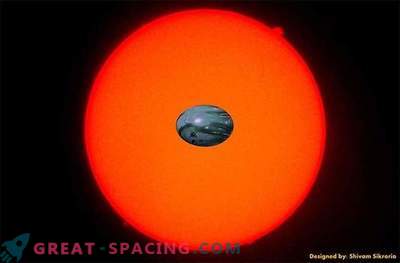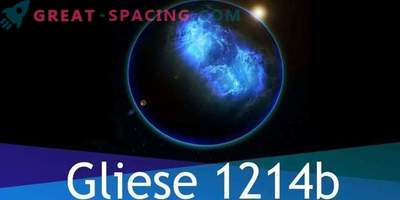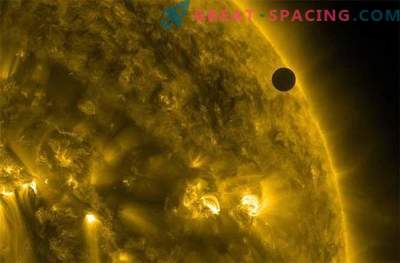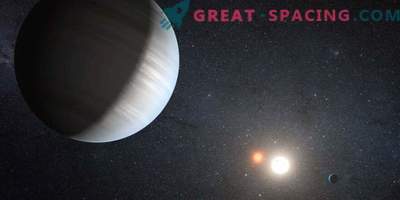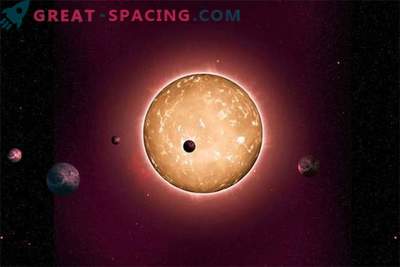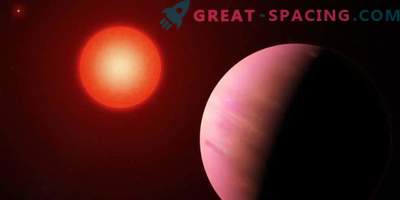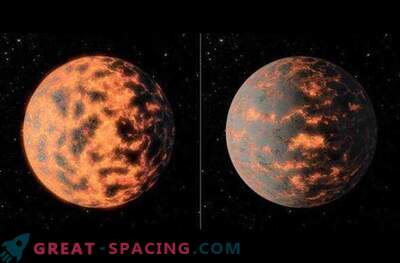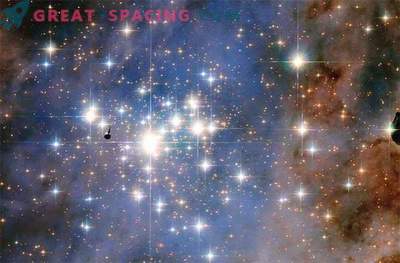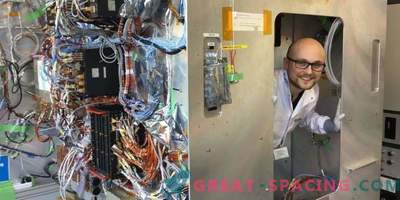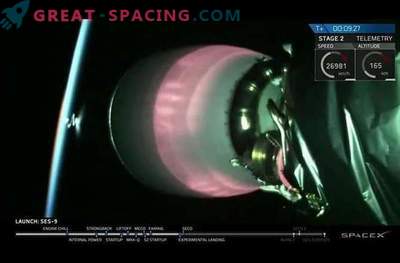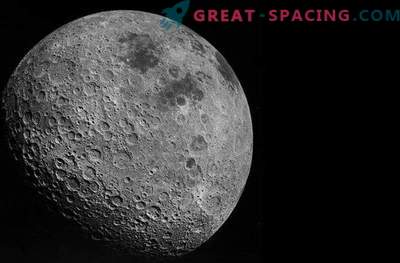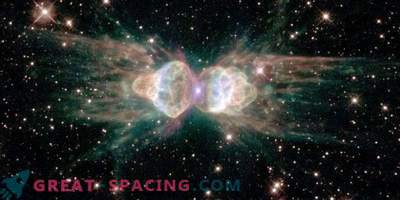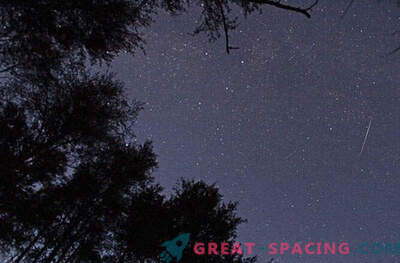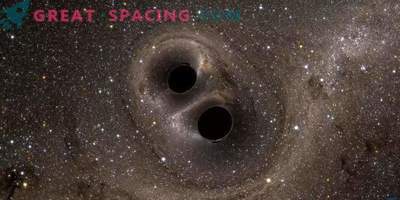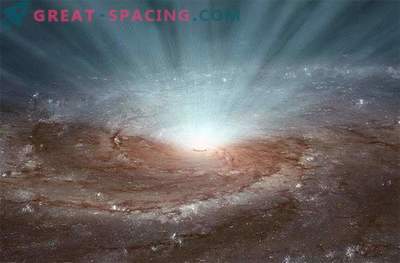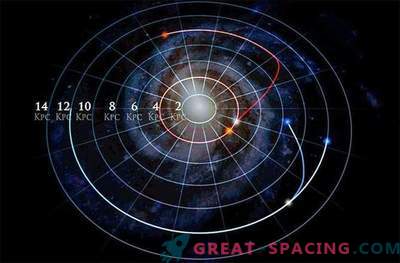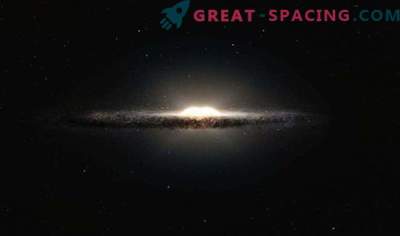
Although we have discovered nearly 2000 alien worlds outside our solar system, the search for exoplanets is still in its infancy. It is therefore not surprising that the discovery of some exoplanets is not discovery, but merely noise in astronomical data sets.
But when the existence of an exoplanet, which has characteristics similar to Earth, is disproved, we should care more about the quality of data analysis, say scientists from Queen Mary University of London.
In an article published in the journal Science last week, researchers focus their attention on the first exoplanet discovered in the orbit of a nearby star within its habitable zone.
Discovered in 2009, Gliese 581d hit the headlines as “Super-Earth”, which has the potential to keep water in a liquid state on its rocky surface. With a mass of about 7 times more than that of Earth, Gliese 581d would have gravity twice as large as Earth's.
But the signal from the planet was in doubt.
The star Gliese 581, which is home to the exoplanet Gliese 581d, is a red dwarf located about 20 light-years from Earth. Red dwarfs, as we know, are stormy little stars, generating huge flashes. To detect exoplanets, astronomers measured a small frequency shift (Doppler shift) of light from a star. However, last year, in a publication, astronomers from the University of Pennsylvania pointed out the activity of the star, as an interfering factor that can mimic the signal from the orbital planet. And the conclusion of the discovery of Gliese 581d was premature.
Whether or not Gliese 581d exists is a very important point, since it was the first Earth-like planet found in the habitable zone of another star. However, Gliese 581d was not the only planet that was supposed to exist. On the basis of the oscillations of the star, another exoplanet was calculated, the mass of which is 3-4 times larger than the Earth's - Gliese 581g.
It is now determined that Gliese 581g was just noise, while the existence of Gliese 581d remains in question.
